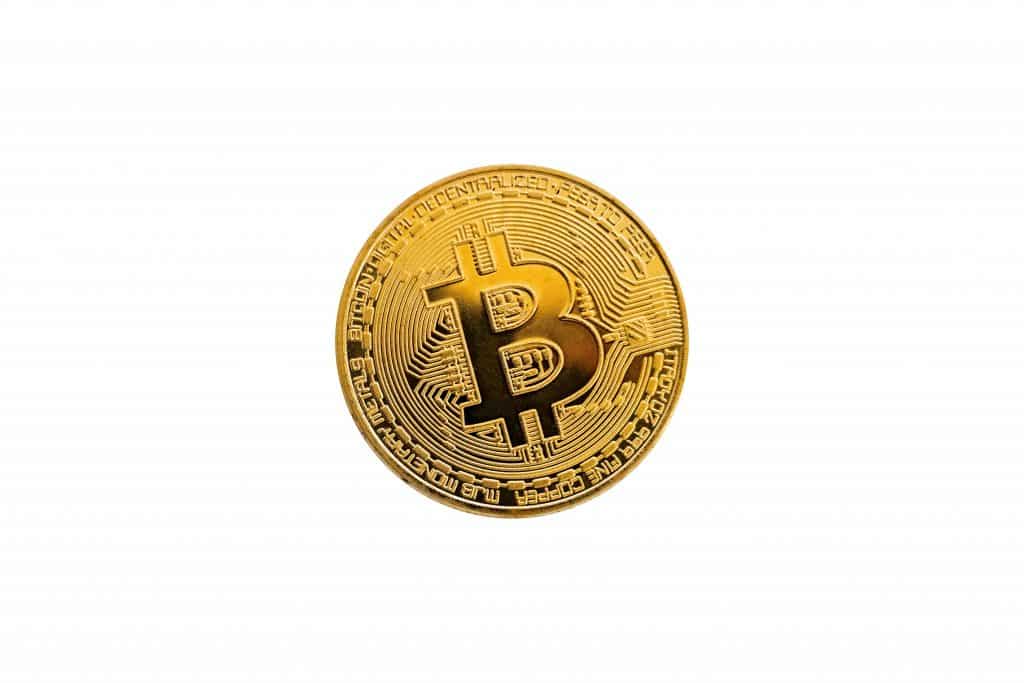Lately, the words “exchange” and “trade” are starting to be on people’s lips more and more. Not to mention the cryptocurrencies that are now becoming increasingly popular. All these terms are closely related and define a consistent part of how the financial system works today, specifically the crypto investment system.
But, despite their popularity, many people get scared when they hear new terms, especially in finance.
So how can we fix this?
With simple and proper explanations. The market is filled with various types of exchanges, many of which are centralized or decentralized. And with them, new investment opportunities appear.
Wouldn’t it be a shame to miss out just because you are unsure about what they mean or what their benefits are?
Decentralized exchanges are a popular option and seem to be the exchange of the future. So let’s better understand what is happening on the market and which platforms offer the best centralized and decentralized services.
Centralized versus Decentralized
Centralized exchanges allow users to buy and sell cryptocurrencies for fiat currencies such as the US dollar or digital assets like BTC and ETH. They operate as trustworthy brokers in deals and frequently serve as custodians, keeping and protecting the clients’ deposits.
Furthermore, despite the stigma within the cryptocurrency community, a centralized market’s main functionality is to keep trades fair, do more business, and speed up the buying/selling process.
A third-party operator manages a centralized exchange and operates as a trading facilitator, connecting market participants. The central regulatory body ensures the stability of the trading environment, regulates deals, and manages the order book. This category also includes traditional stock exchanges. Most popular digital currency exchanges are decentralized.
Many crypto fans feel that because digital currencies are decentralized, cryptocurrency exchanges must be decentralized as well. However, the amount of trading on decentralized exchanges accounts for only a modest portion of total crypto market activity.
And that is because a decentralized exchange (DEX) operates without a central authority, using an open protocol and the consensus principle.
As a result, trading happens on a peer-to-peer basis, without the need for intermediaries, often lacking liquidity.
Also, because the exchange is not responsible for asset storage, it may be less vulnerable to hacking, but users have sole responsibility over their assets and their security.
How Does an Exchange Platform Work?
Exchange programs create opportunities: opportunities for participants to learn, to prosper, and to work with others to solve shared problems and ensure a secure future.
Understanding how exchanges work can create future leaders who instinctively appreciate the value of international collaboration and empathy.
An exchange platform needs to provide 4 main operations for it to function:
- Capital deposits
- Order books
- Order matching
- Asset exchange
It is important to remember that an exchange program makes you more employable and adaptable, takes you out of your comfort zone, and helps you make global connections.
We get the ideal combination if we overlap these with the decentralized system.
Decentralized Exchanges and Their Advantages
The main advantage of decentralized exchanges is that they do not need intermediaries for their operations.
Decentralized exchanges do not require KYC, and they operate 24/7. They also provide investors with yield farming opportunities, which facilitate decentralized swapping – or trading – of digital assets in exchange for a small fee.
Decentralized exchanges are also a lot more private. They do not ask for personal information, proof of identity, or other KYC/AML procedures. Therefore, some traders might prefer decentralized crypto exchanges in favor of centralized ones.
Users of decentralized exchanges do not need to transfer their assets to a third party. Experienced cryptocurrency users who have custody of their funds are at a reduced risk of being hacked using DEXs (Decentralized Exchange), as these exchanges do not control their funds. Instead, traders guard their funds and only interact with the exchange when they wish to do so.
If we move to the business area in centralized organizations, a single senior leader or leadership team typically conducts strategic planning, goal setting, budgeting, and talent deployment. In contrast, decentralized organizations distribute formal decision-making power across multiple individuals or groups.
Which Platform Should I Choose?
We clarified how decentralized exchanges work and what their advantages are. But now, which platform is the most suitable?
To summarize, a decentralized exchange is a peer-to-peer marketplace connecting cryptocurrency buyers and sellers. In contrast to centralized exchanges, decentralized platforms are non-custodial, meaning users remain in control of their private keys when transacting on a DEX platform.
There are currently more than 35 DEXs in existence globally, including Uniswap, Kyber, and Bancor — popular alternatives to centralized exchanges. Some platforms offer full pack decentralized services or not.
For example, Coinbase.com is a centralized custodial service. At the same time, Coinbase Wallet is a decentralized self-custody service where users interact directly with the blockchain and are in control of their private keys and digital assets.
Other platforms refer strictly to decentralized cryptocurrency exchanges, for example, Dexilon. On this kind of platform, you first connect your wallet, which is compatible with Metamask and Binance wallets. Then, you deposit funds by signing your transaction. Users will be able to deposit USDT and USDC. After that, you trade perpetual swaps with complete functionality and have access to complete information about your current and historical trades and orders.
Concluding Thoughts
Choosing the best cryptocurrency exchange for your specific needs might be tough. Especially given the sheer number of alternatives available, as well as the precise features that make them different.
The most important steps are to be informed by reliable sources and to do your research. Then you are free to experiment.
The good part with decentralized exchanges? The market is continuously developing, and you can indeed find something for your needs and tastes. And after that, it cannot be a mystery anymore.
Featured image: unsplash.com
